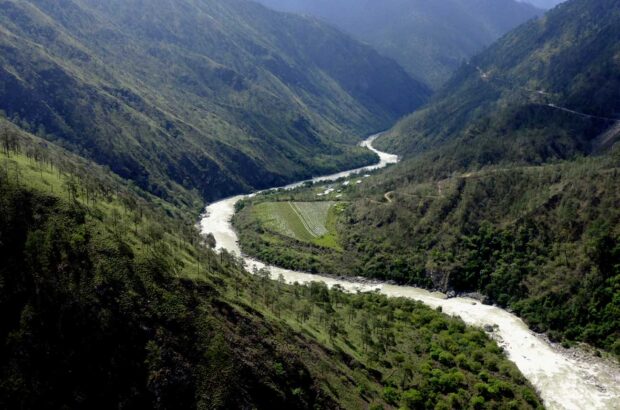Whisky and terroir has been a contentious subject, but is it possible for whiskies to reflect a sense of place in the way wine lovers might eulogise appellations or grand cru vineyards?
A peer-reviewed study has found a link between flavours in Irish new-make spirit and the origin of barley used to produce it.
Authors also found evidence that growing season – or vintage – can influence taste, according to the research, which included sensory analysis of ‘single malt ‘whisk(e)y new make spirit’ produced in laboratory conditions.
It’s the latest chapter of an ongoing project spearheaded by the Republic of Ireland’s Waterford Distillery, which is a strong proponent of the whisky and terroir concept and has a ‘single farm origin’ range of Irish single malts.
Experts at Teagasc Food Research Centre and Oregon State University have also authored the study, which was due to be published this week in the Foods journal.
‘This study proves that barley’s flavours are influenced by where it is grown, meaning – like wine and Cognac – whisky’s taste is terroir-driven,’ said Mark Reynier, Waterford’s founder and CEO.
‘Critics claimed any terroir effect would be destroyed by the whisky-making process, saying there is no scientific evidence to prove that terroir even exists. Well, there is now.’
The study analysed 32 sample spirits micro-distilled from two different barley varieties, Olympus and Laureate, from two sites, Athy in County Kildare and Bunclody in County Wexford, over two growing seasons, 2017 and 2018.
After analysis that included using a trained sensory panel, spirit from Athy was associated with toasted almond notes and malty, biscuit, oily finish, Waterford said.
Spirit from Bunclody was lighter and showed more floral notes alongside ‘fresh fruitiness’, it added.
Professor Kieran Kilcawley, principal research officer at Teagasc, said, ‘We utilised gas chromatography olfactometry, which enabled us to discern the most important volatile aroma compounds that impacted sensory perception of the new-make spirit.
‘This research not only highlights the importance of terroir, but also enhances our knowledge of key aroma compounds in whisky.’
You may also like:
A world of whisky: Understanding styles
Terroir debate: The science of soil and wine taste (2018)
Scientists reveal Malbec terroir secrets in Mendoza (2021)
Burgundy wine ‘climats’ recognised by UNESCO (2015)







